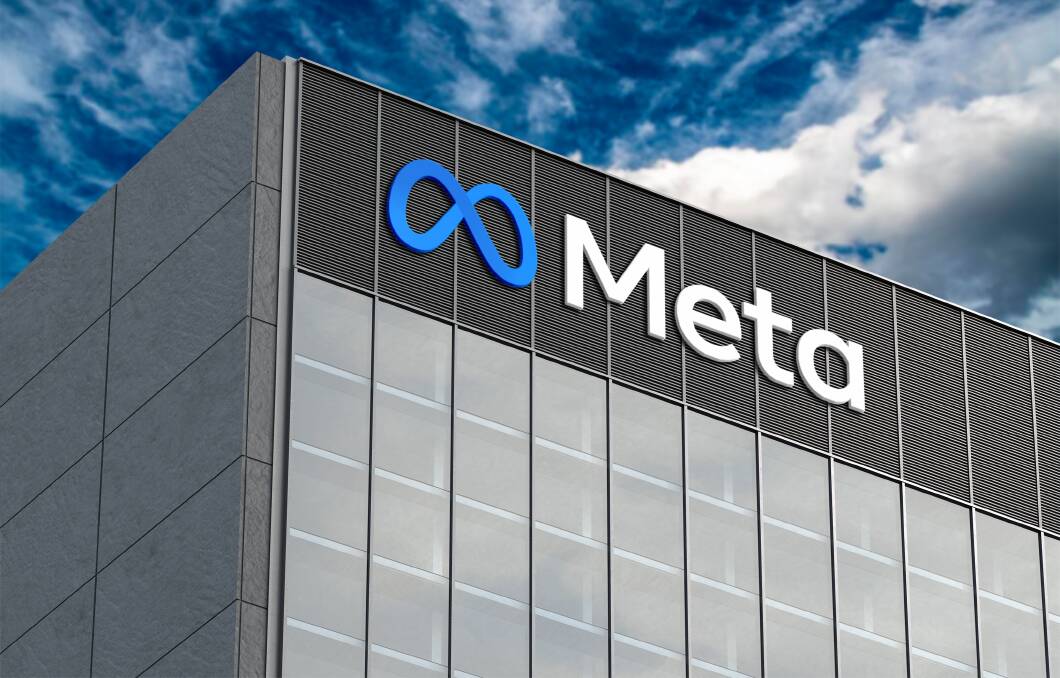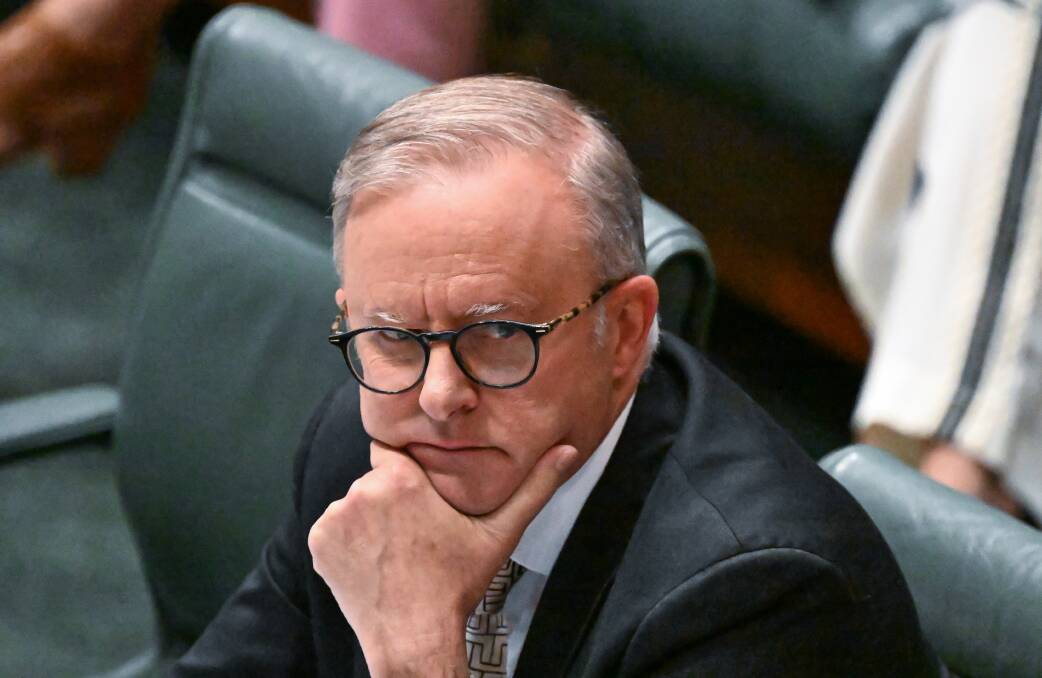The move by tech giant Meta to withdraw from paying for news content has been among the key triggers for plans to establish a Joint Parliamentary Select Committee inquiry into the influence and impact of social media.
Communications Minister Michelle Rowland has initiated the referral for the inquiry, saying that it would provide opportunity and resources for parliamentarians "to closely scrutinise these companies and make recommendations on how we can make these platforms ... accountable for their decisions".
Recently, Prime Minister Anthony Albanese was sharply critical of big tech companies like Meta and X (formerly Twitter) abrogating their social responsibilities in failing to take down violent, harmful and misogynistic content.
The Canberra Times recently exposed that these issues go even deeper, with Facebook, owned by Meta, found to have published wildly inaccurate versions of articles, using artificial intelligence to generate botched "summaries" of paywalled news articles.
The revelation around the botched back-end news site scraping comes after Meta closed down its tab for dedicated news in the bookmarks section of Facebook and stepped away from paying financial compensation to media companies, which under a previous deal was worth around $70 million annually.

Tony Kendall, managing director of this newspaper's publisher ACM, said the Meta move would "significantly affect our business".
Meta claimed interest in news on its platforms was "less than 3 per cent and declining" and that it cannot solve the "long-term challenges facing public interest journalism".
Assistant Treasurer Stephen Jones said social media giants were "more determined to wipe trusted news sources from their platforms than scammers and other criminals".

"This will open the floodgates for misinformation and disinformation," he added.
"We have a clear message for the platforms. Be better. Do better. The committee will put big tech under the microscope to help create a safer online environment".
Among the issues expected to be examined by the parliamentary committee will be:
- The decision of Meta to abandon deals under the News Media Bargaining Code;
- The important role of Australian journalism, news and public interest media in countering misinformation and disinformation on digital platforms;
- The algorithms, recommender systems and corporate decision-making of digital platforms in influencing what Australians see, and the impacts of this on mental health; and
- Other issues in relation to harmful or illegal content disseminated over social media, including scams, age-restricted content, child sexual abuse and violent extremist material.
Minister Rowland expressed her concern at how "social media companies have enormous reach and control over what Australians see with little to no scrutiny".
"In our democracy, it is imperative that Australians have access to quality public interest journalism, including on social media. Unliteral decisions to undermine news hurts us all."

